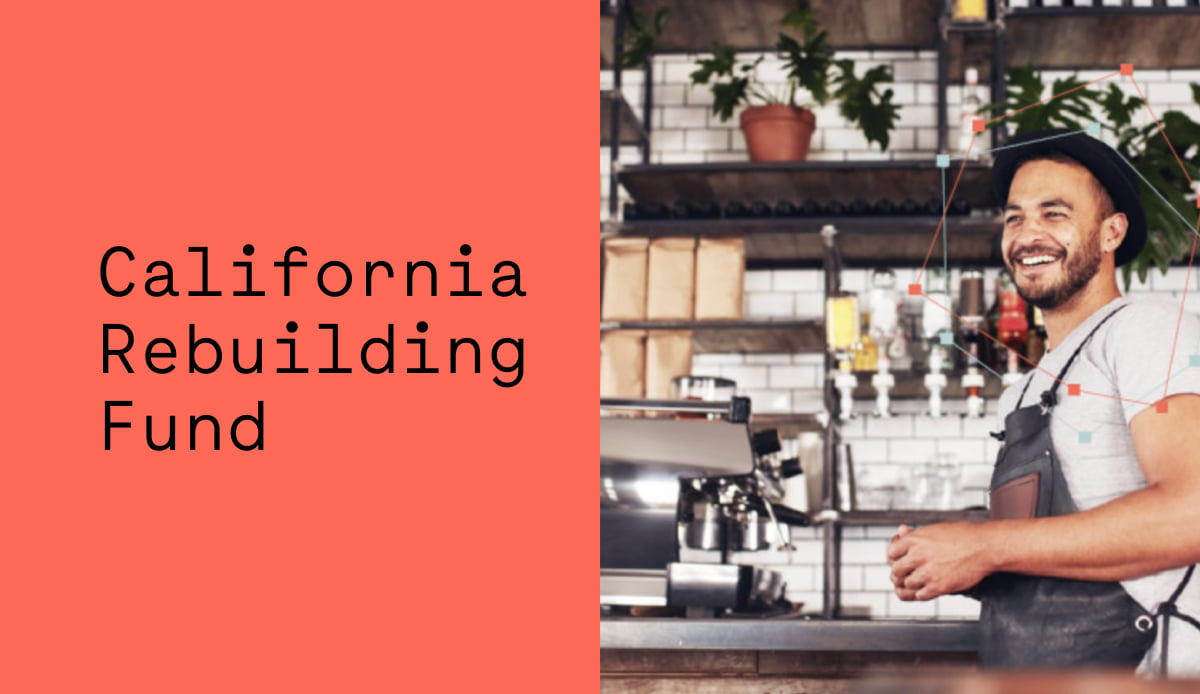
How successful were CDFIs in helping California businesses rebound from COVID?
Throughout the COVID-19 pandemic, Calvert Impact, Community Reinvestment Fund USA, Kiva, and 12 Community Development Financial Institutions (CDFIs) came together to build recovery programs that expanded access to credit for un- and under-banked small businesses. These programs were built to strengthen and grow CDFIs, which acted as critical economic first responders throughout the last two years, and to address common challenges in deploying capital for historically underserved communities.
60 Decibels evaluated the impact of expanding access to credit during periods of economic hardship by speaking directly with the small businesses that were affected by COVID. 60 Decibels studied how access to credit contributes to income creation and wealth building for entrepreneurs, particularly businesses owned by women and under-represented racial and ethnic groups.
By hearing directly from small business owners about their experience and outlook, banks, investors, and policymakers can be responsive and supportive in preserving businesses and jobs.
46%
66%
63%
Who did the loans reach?
California Rebuilding Fund loans were designed to provide underserved communities with emergency capital. Based on demographic data provided with the sample, which was gathered from business owners during the application process, it appears that more than 3 in 5 are BIPOC-owned and 2 in 5 are women-led businesses.
More than half of the respondents we spoke with are borrowing money for their business for the first time with the California Rebuilding Fund loan. BIPOC-owned businesses are less likely (53%) to have borrowed money previously compared to their White (66%) counterparts. Over 2 in 3 respondents indicate they could not have found a good alternative to the California Rebuilding Fund loan. For the one third of respondents who could find an alternative, 26% would most likely turn to the SBA (Small Business Administration) or another bank loan.
68%
77%
21%
Top Findings about the Impact of CDFIs:
1. The California Rebuilding Fund loan served many first-time business borrowers.
2. The California Rebuilding Fund loan served as a critical capital injection for many businesses.
3. Additional capital support is an anticipated need for most respondents.
“The fact that you guys are able to do these loans for us who are struggling is very helpful…You follow the steps and you get your loan.”
– Female owner
Click below to download the full report, or check out the results from a similar CDFI Impact project with the NY Forward Loan Fund.